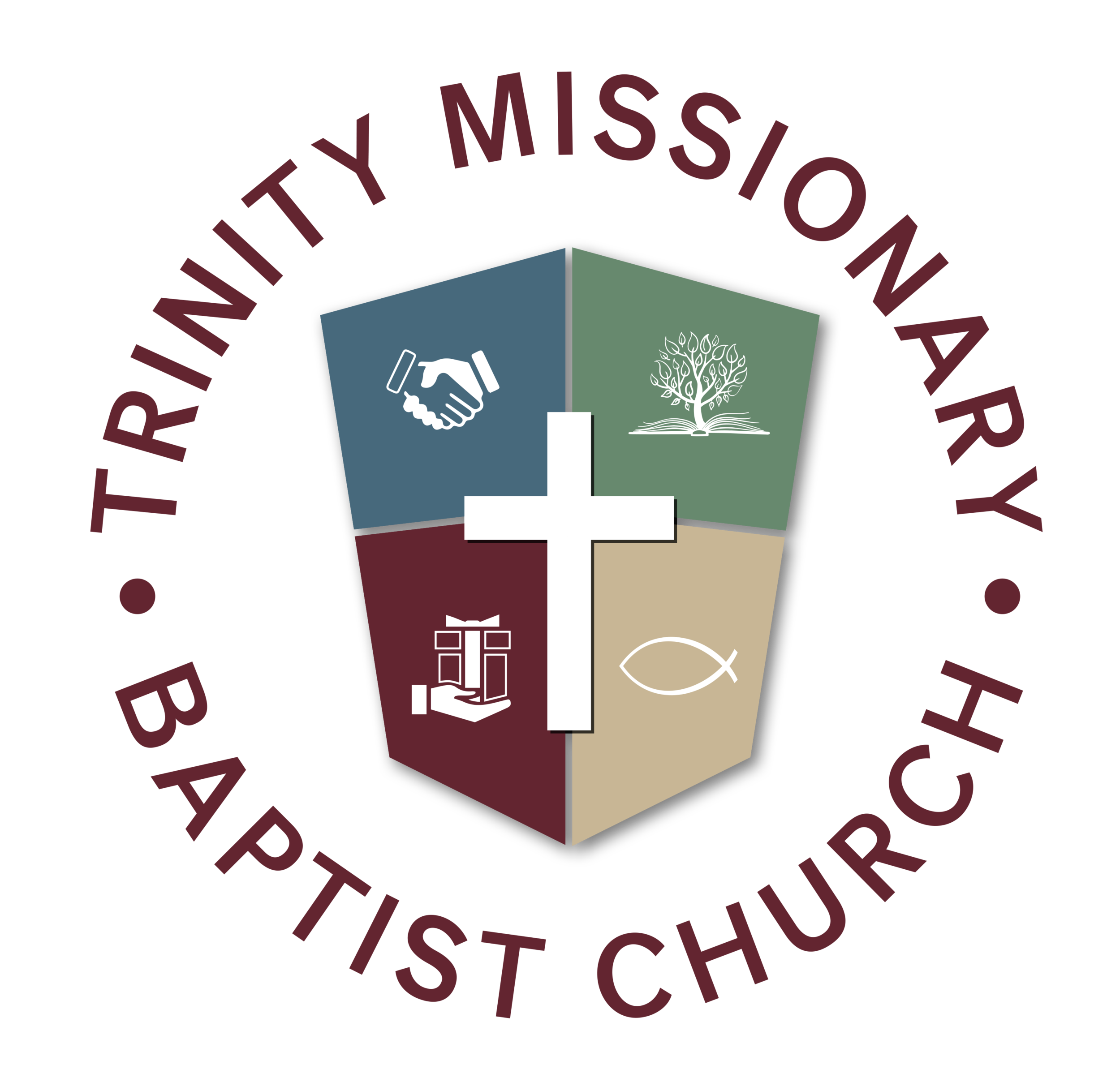“Lessons From An Unknown Author”
In preparation for writing the January 2023 Pastor’s Corner, I came across the following poem:
Three thousand for my brand-new car;
Five thousand for a piece of sod.
Ten thousand I paid to begin a house;
A dollar I gave to God.
A tidy sun to entertain my friends in pointless chatter.
And when the world goes crazy mad,
I ask, Lord, what’s the matter?
A dollar I gave to God.
Yet there is one big question,
For the answer I still search:
With things so bad in this old world,
What’s holding back my church?
The poem’s author is unknown. However, one cannot read this poem without seeing principles for practical application. The poem has several lessons for people who need to consider the importance of God’s ownership and stewardship of the possessions He places in our care.
Sadly, in the 21st century, people have an erroneous perspective about the reality of human stewardship and God’s ownership. Thus, the question is not whether people are stewards. People should ask, “Am I a good steward?” The answer to this question hinges upon one’s perspective about God’s ownership and human stewardship of what belongs to God.
The Bible teaches that humans are stewards because God has absolute ownership. In Psalm 24:1-2, the psalmist writes, “The earth is the Lord’s, and all it contains, the world, and those who dwell in it. For he has founded it upon the seas, and established it upon the rivers.” The psalmist used poetic language to express an essential truth: the earth is not self-caused. God created the earth and the universe; thus, He has sole ownership (1 Cor. 10:26).
In an article entitled “God’s Ultimate Ownership,” Henry M. Morris IV declares that “God’s ultimate ownership clause” is Genesis 1:1, where Moses writes, “In the beginning God created….” God is the life-giving force who created the earth, humanity, and all other creatures (Deut. 10:14; Lev. 25:23; Ps. 33:6, 9; 50:10-12; Acts 17:25). Nothing was created and given life without God’s divine power.
Some people will concede God’s ownership of the earth but not ownership over their lives. Unfortunately, many believers have not read Paul’s message to the Corinthian Church where he states, “Or do you not know that your body is a temple of the Holy Spirit who is in you, whom you have from God, and that you are not your own? For you have been bought with a price: therefore, glorify God in your body” (1 Cor. 6:19-20). As “faithful stewards” (1 Cor. 4:1), we can show respect and obedience to God’s ultimate ownership by surrendering our bodies to God’s divine purpose. God expects us to honor Him by presenting ourselves as a lifestyle of worship (Rom. 12:1). How we handle our bodies indicates our perspective of God’s ultimate ownership and human stewardship.
Additionally, how we manage our money and possessions can express our awareness or lack of awareness of God’s ultimate ownership. In Haggai 1:2-6, God rebuked His people for failing to prioritize rebuilding the temple. Eighteen years out of captivity, God’s people prioritized building their homes instead of rebuilding the temple (Hag. 1:4, 9). Their lack of focus on rebuilding the temple indicated their flawed perspective about God’s ultimate ownership and their stewardship of divinely shared possessions. To help His people “consider their ways” (Hag. 1:6), God engaged in economic chastisement that resulted in numerous insufficiencies (Hag. 1:6). God had to teach His people that He would never tolerate their neglecting to prioritize what He prioritizes.
Today, we don’t have to worry about giving to build or rebuild a temple. However, God expects us to take care of our physical temple (1 Cor. 6:19-20) and support our local church through monetary giving (2 Cor. 9-10) that provides the means for Christian education, ministry, mission and evangelism, and building maintenance. As we support our local church, we should do more than “give a dollar to God” and limit what the church can do locally, regionally, and globally to further the gospel of the Lord Jesus Christ.
